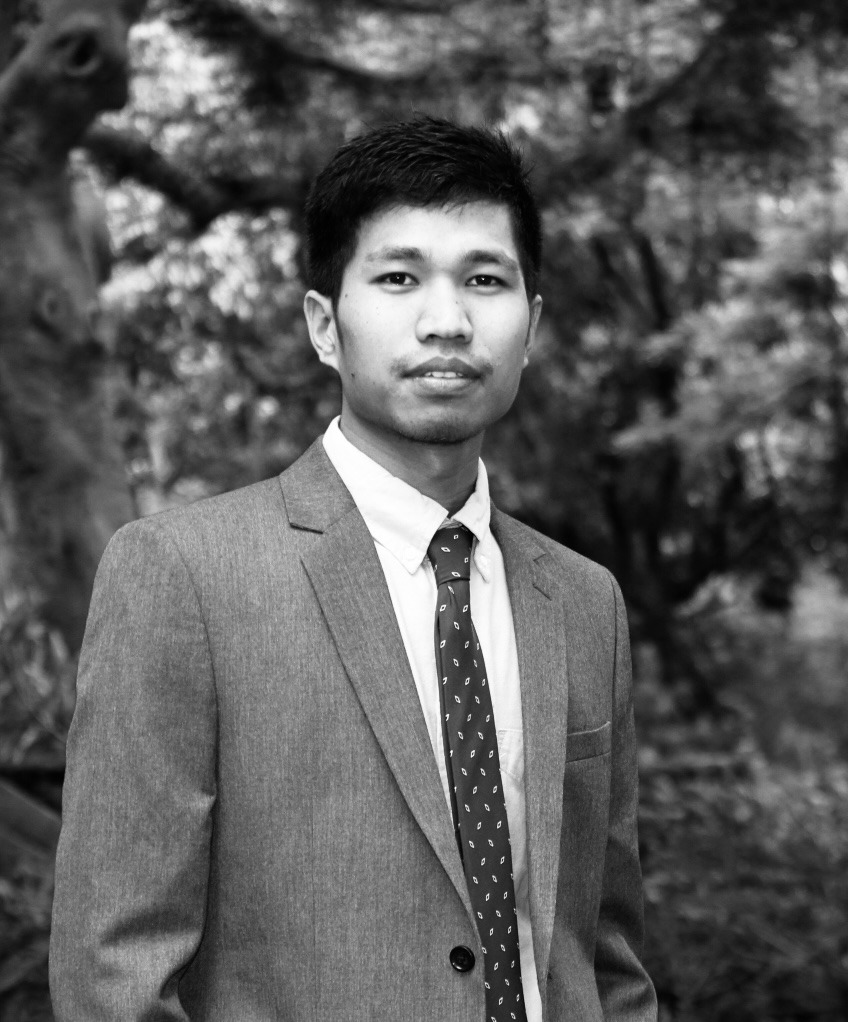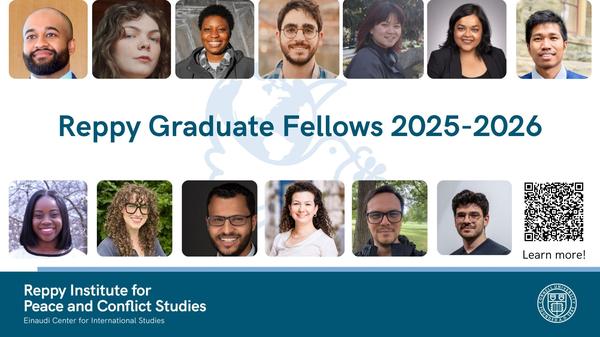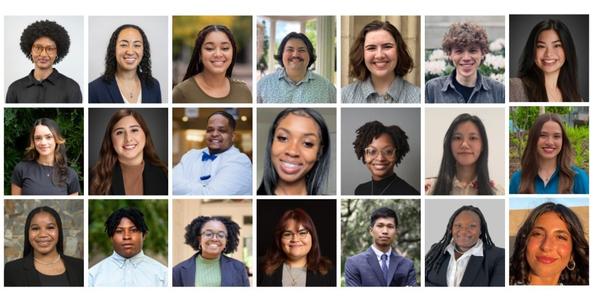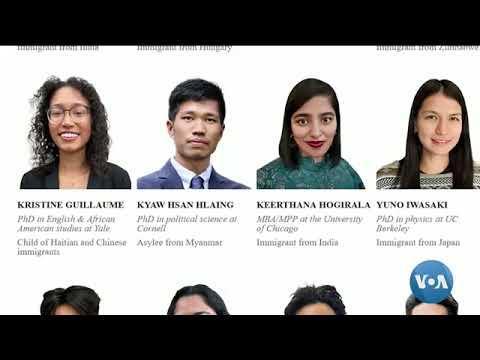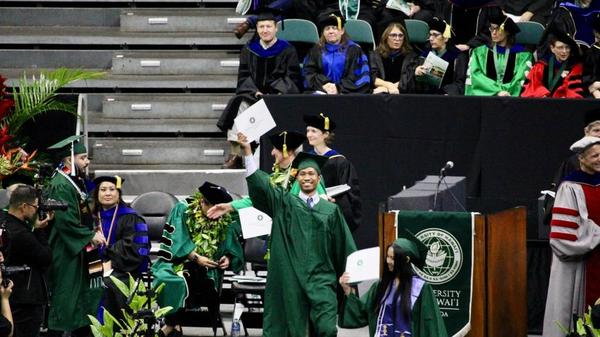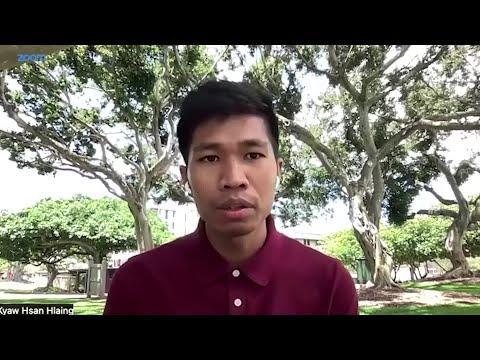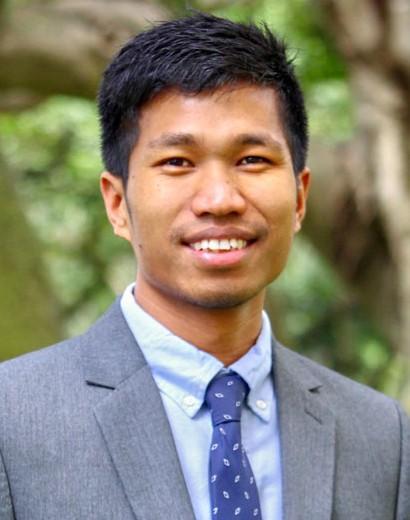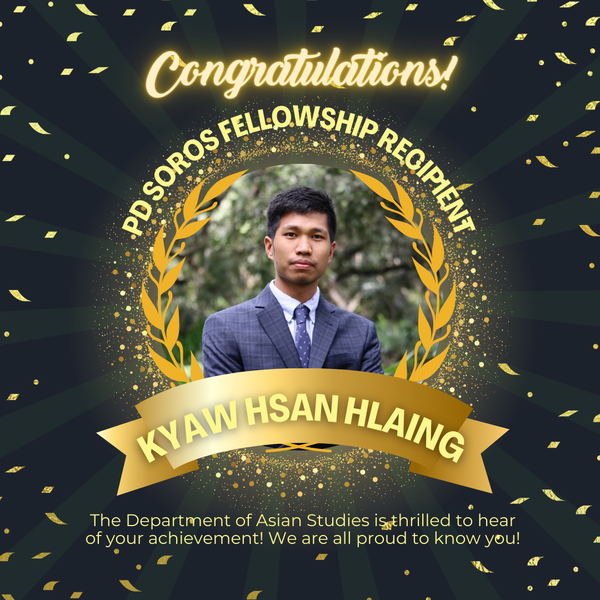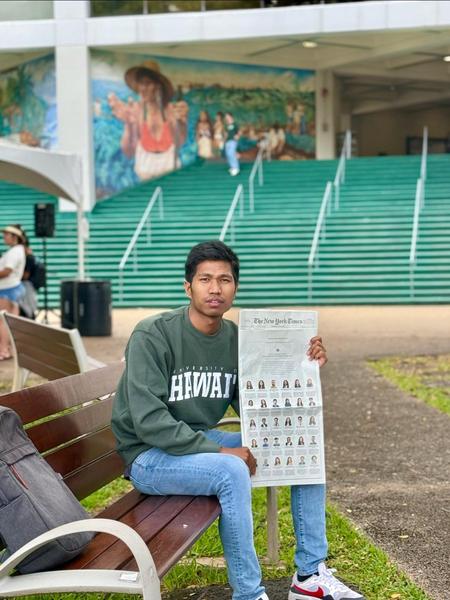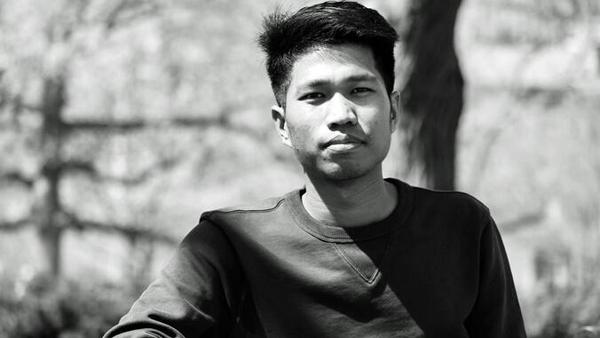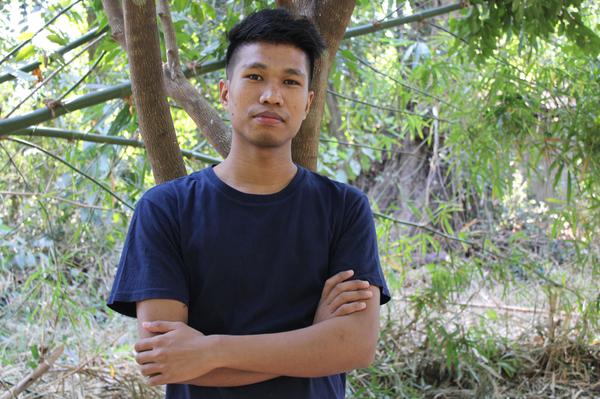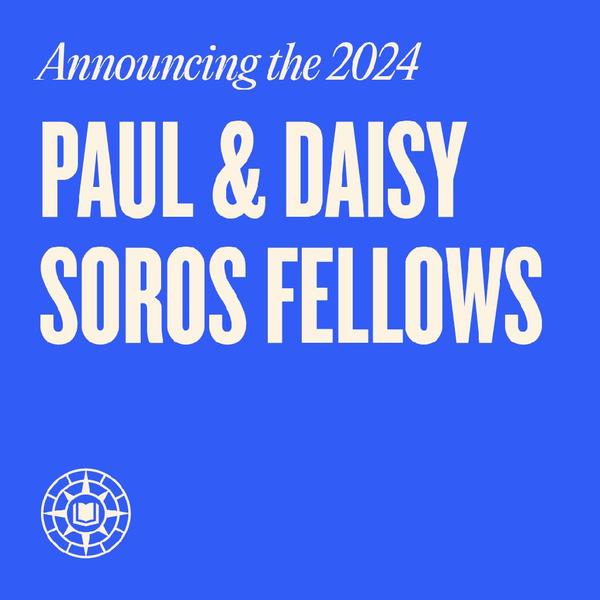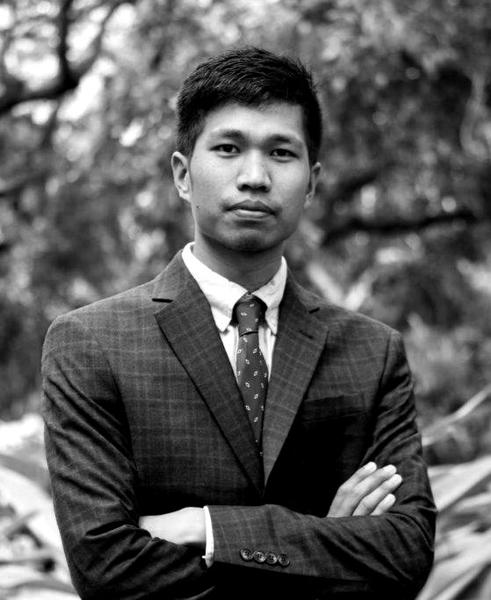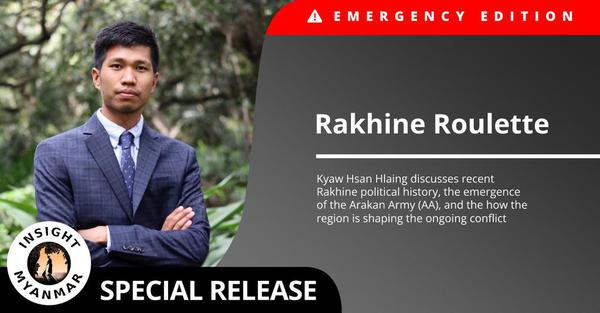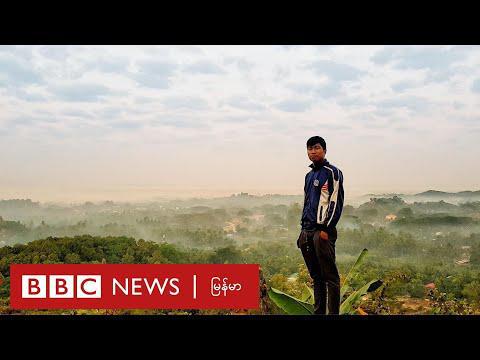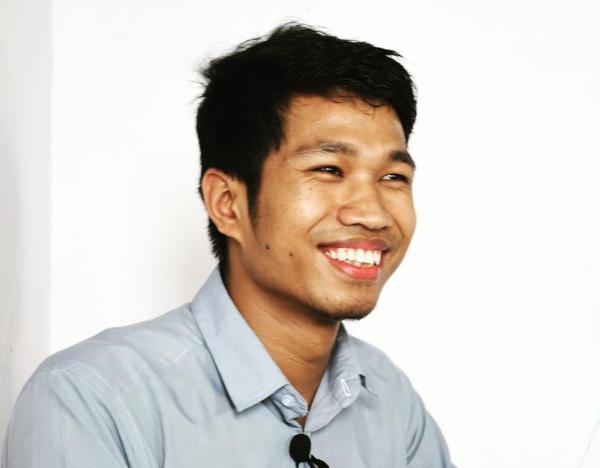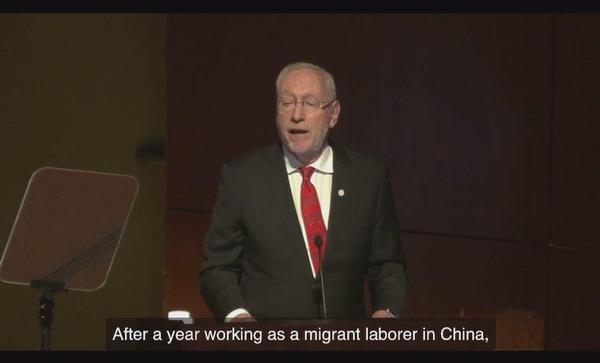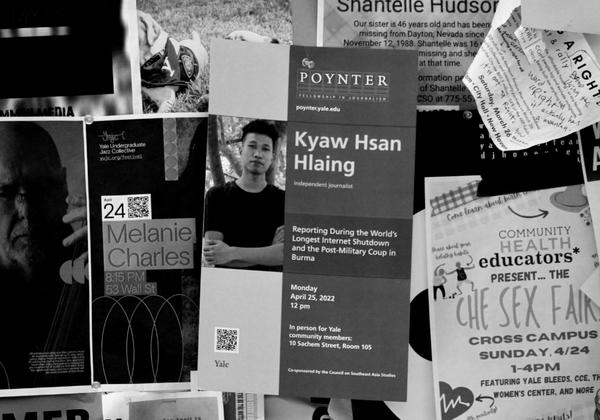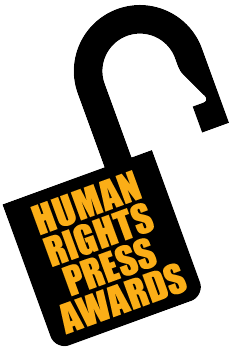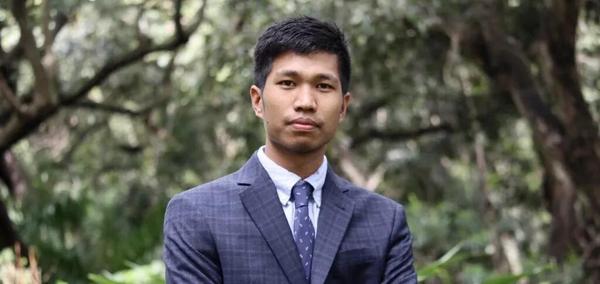

Hi! My name is Kyaw Hsan Hlaing. I am a PhD student in Government at Cornell University. I am also a 2024 Paul & Daisy Soros Fellow, a 2025 Civil War Paths Fellow, a 2025 Diversity Fellow with the American Political Science Association (APSA), and a 2025 Reppy Fellow at Cornell's Reppy Institute for Peace and Conflict Studies.
I study comparative politics and international relations, with a focus on revolution, movement, regime change, violence, political culture, authoritarianism, and rebel politics.
Before Cornell, I earned a BA in Asian Studies from the University of Hawai‘i at Mānoa (2024), following a seven-year gap after leaving Yangon University of Distance Education at Sittwe University. Prior to returning to school, I worked as a freelance journalist and analyst, writing about Myanmar’s coup, protests, resistance, and human rights for a range of global outlets, including TIME Magazine, the Los Angeles Times, Foreign Policy, The Diplomat, and Al Jazeera.
I am proud to be the first in my family, from a rural village in western Myanmar, to graduate from high school.
To contact, kh827@cornell.edu.
Previously, as a former contributing writer for Pulitzer Center, I was one of the winners of the 2021 Human Rights Press Awards in Commentary, and the 2021 Sigma Delta Chi Awards in Foreign Correspondence from the Society of Professional Journalist (SPJ), as well as a finalist for the 2021 Society of Publisher in Asia (SOPA) awards for the Excellence in Opinion Writing.

